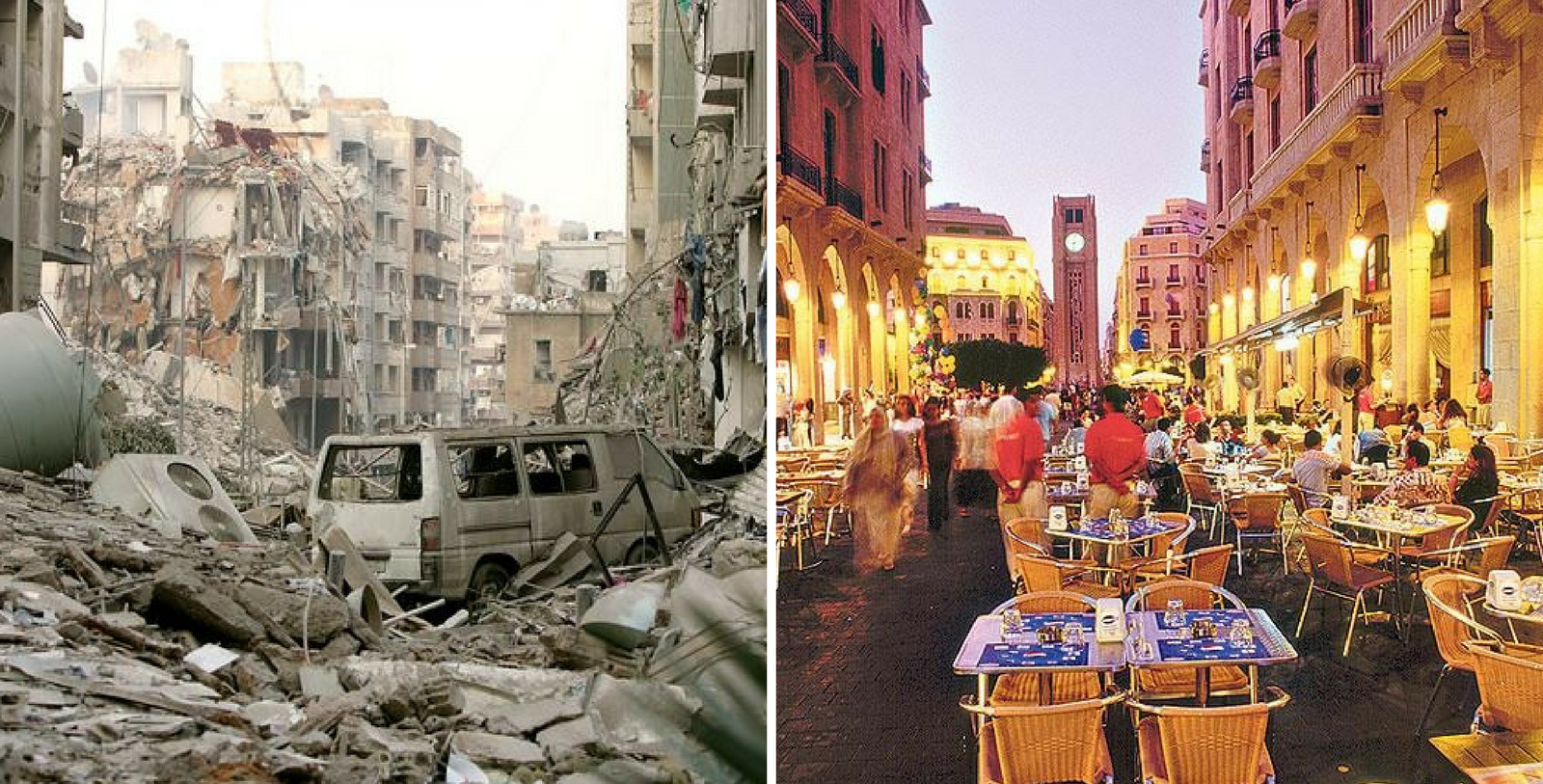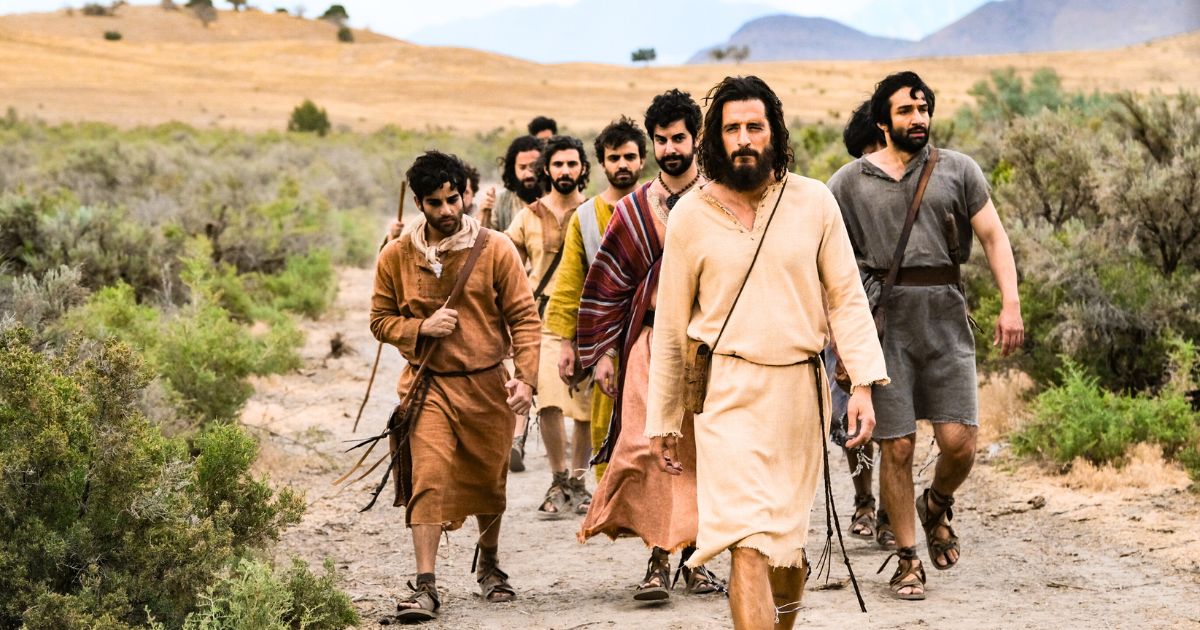“What the f***?!” That is literally the reaction of every Lebanese watching the trailer of the recently released “Beirut” movie.
Every now and then, a movie or show is released outside of Lebanon looking to capitalize off of a negative image/stereotype. This is especially true when they try to cover the “civil” war several decades ago or simply showing how “war-torn” Lebanon is.
Once again, we are faced with a new movie, titled Beirut, about an American taken hostage during the civil war in Lebanon. I mean, of course, you have the right to make a film about our country.
Except, this movie wasn’t filmed in Lebanon, has no Lebanese actors, directors, cast members; and doesn’t have anyone actually speaking Lebanese in it.
Aside from the title, and maybe some references to the Lebanese civil war, there is absolutely nothing Lebanese about this movie.
I usually wait for the actual movie to come out before making a judgment but when you end the trailer with “2,000 years of revenge, vendetta, and murder” – I think that privilege is gone.
Want to know what was going on around 2,000 years old here? Here a few notable ones:
- Phoenicians were teaching the world the alphabet
- Phoenicians also came up with the way to navigate the sea using astronomy
- Jesus Christ and his mother, the Virgin Mary, visited on multiple occasions
- Jesus’ first miracle took place here (at the wedding in Qana)
From then until present day Lebanon, just to note that marks a time frame almost 10 times the period that the United States existed, quite a lot has happened. For example, we were conquered and gain our independence… multiple times.
So what revenge/vendetta/murder are you referring to?
And to add insult to injury, the movie is set to be released on April 13, the day which marks the 43rd anniversary of the start of the Lebanese civil war. A war that we’ve been trying to forget and recover from ever since.
If you’re reading this, we really encourage you not to watch this movie as well as similar ones.
It’s time we stop allowing them to profit off giving us a bad reputation and reinstating false stereotypes. Want to see what Lebanon and Beirut truly look like? Follow our Instagram page!















